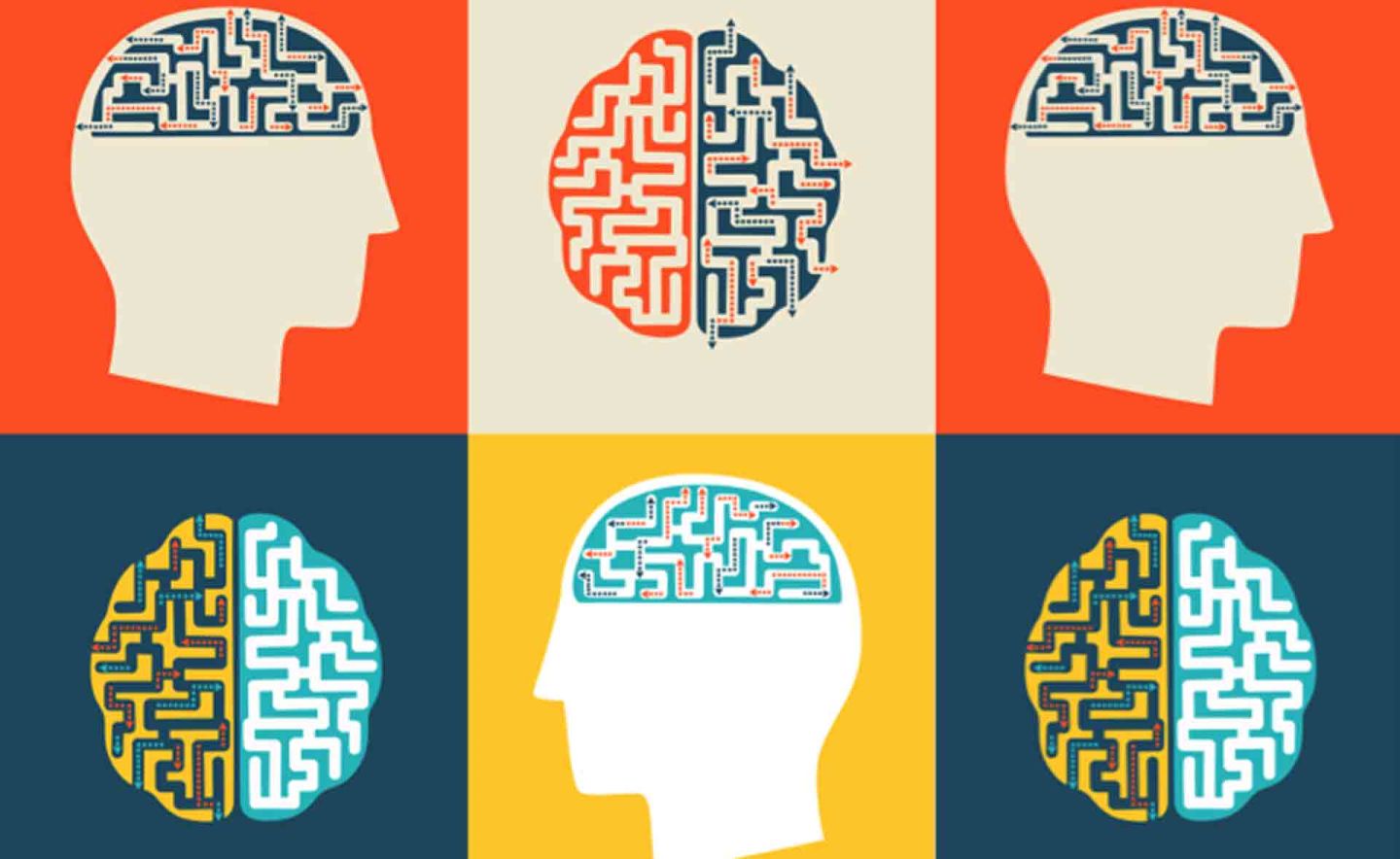There is a great deal of discussion about "Growth Mindsets" vs "Fixed Mindsets" I watched this TED Talk by Angela Lee Duckworth where she talks about trait of "grit" in success across a variety of domains.
I have to agree with her. When I was in a Learning Support role as a teacher, I was fortunate to work with a student who demonstrated true "grit". By the end of Grade 1, he was still unable to recognize a letter single letter in his name despite small group intervention, explicit instruction, a variety of tactile-kinesthetic strategies and a psychological assessment. Many individuals were questioning whether or not he had a Developmental Disability, however the assessment showed he was LD. But he, along with his supportive family, worked diligently. He attempted and persevered with every strategy I tried with him no matter how challenging. Over time the amount of support he required faded. He is now pursuing post secondary education - I consider him an example of the impact of"grit".
Within the TED Talk, Angela presents some great data but says that she is unsure of how to teach "grit". If those of us in the education field want to improve outcomes for our students, we have to find a way. Mary Cay Ricci's book,
Mindsets in the Classroom, presents some ways to help students, parents and teachers develop a Growth Mindset. She starts with teaching physiology of the brain - even with young students. If students can visualize their brain growing as they persevere with a task, they are more likely to demonstrate and learn the benefits of "grit".





